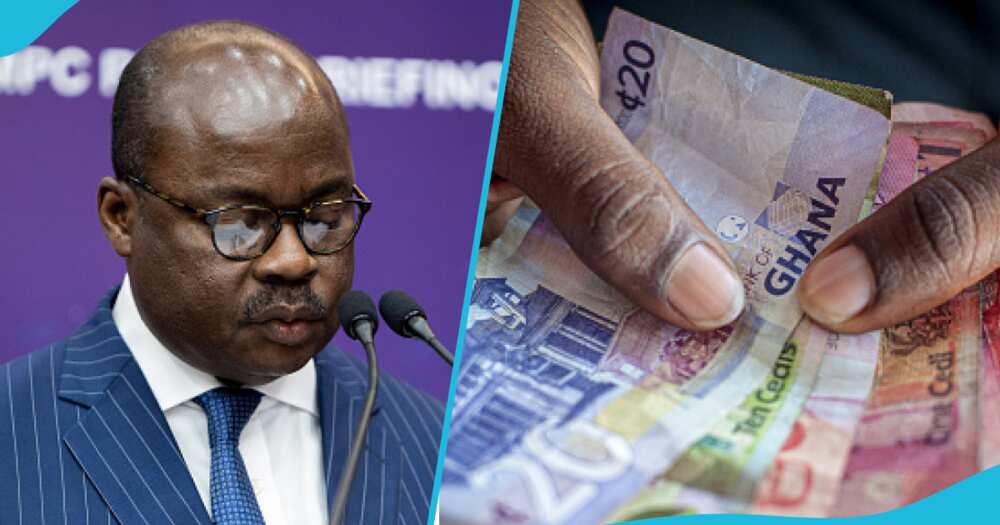Banking consultant, Nana Otuo Acheampong has shed light on the Bank of Ghana’s (BoG) significant GH₵60 billion loss in 2022, emphasizing that it was primarily a technical loss rather than a real one.
In an interview, Mr. Acheampong argued that the focus should be on understanding the underlying causes of the loss, rather than fixating solely on the magnitude of the figure.
He pointed out that a substantial 80 percent of the loss could be attributed to the Domestic Debt Exchange Program (DDEP), which was initiated in response to the adverse economic impacts of the Covid-19 pandemic and the Russia-Ukraine war.
“The GH₵60 billion loss, with 80 percent originating from DDEP, is only a technical loss. It is the loss on the books, not a real loss. So, let’s try and put this in perspective for the understanding of the average Ghanaian,” Acheampong explained.
He cautioned against making simplistic predictions about the BoG’s losses, highlighting that the impact of the DDEP should not be underestimated. According to him, without the DDEP, the GH₵60 billion loss might not have materialized in the first place.
Meanwhile, the Bank of Ghana has assured the public that the loss would not “negatively impact” its operations.
However, industry experts have also opined that as a central bank, the BoG should have taken proactive measures to prevent such a substantial impact.
Background:
The Bank of Ghana’s 2022 Annual Report and Financial Statements revealed a loss of ¢60.8 billion Ghana cedis, a stark contrast to the ¢1.2 billion profit posted in 2021. The loss is primarily attributed to a decline in the Group’s net worth position due to the impact of the Domestic Debt Exchange Programme (DDEP) and impairment of some assets. Furthermore, the total liabilities and subsidiaries exceeded the total assets by ¢54.52 billion, compared to a surplus of ¢5.72 billion recorded in 2021.



















